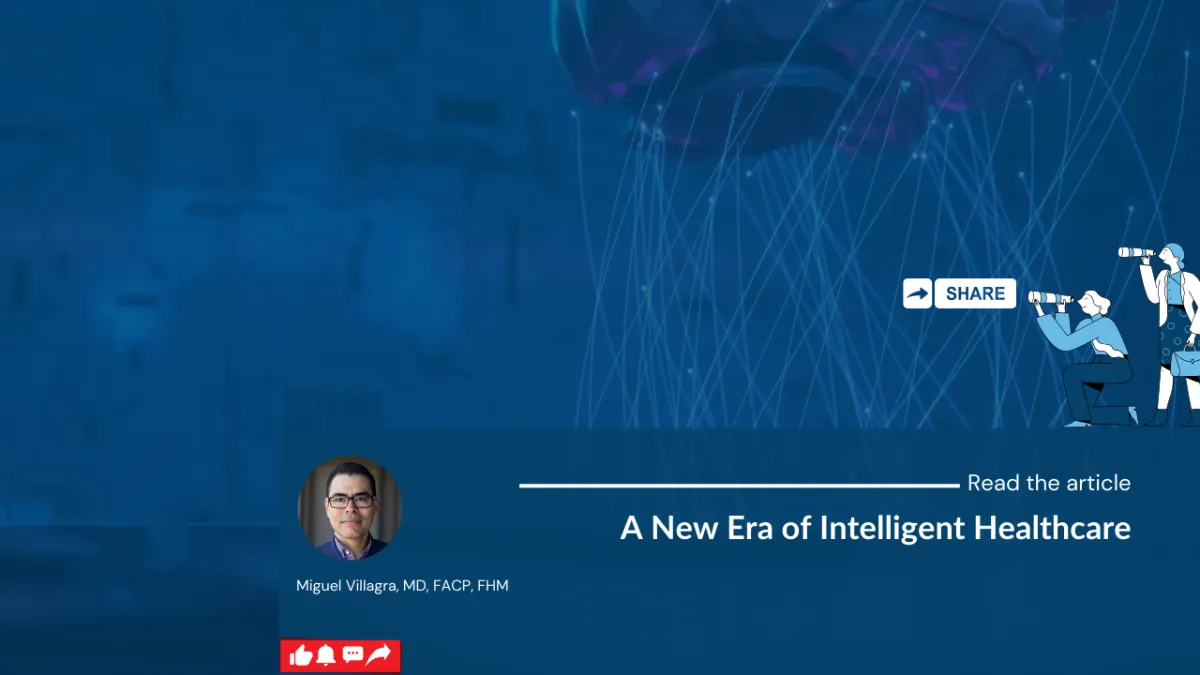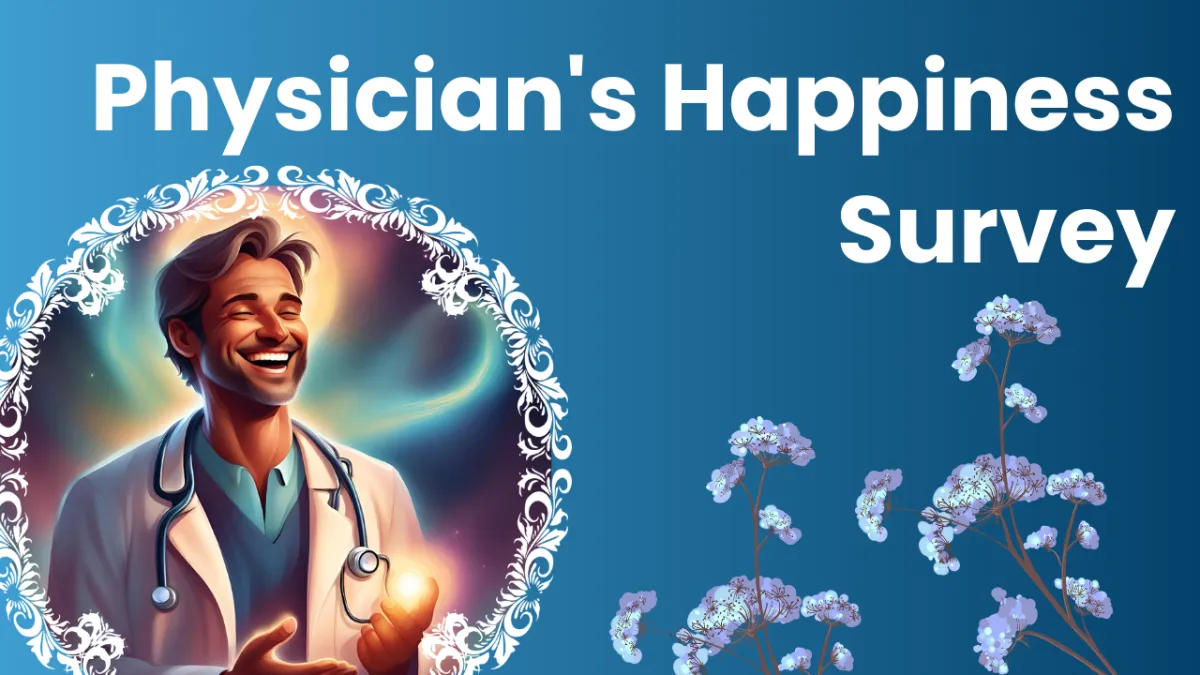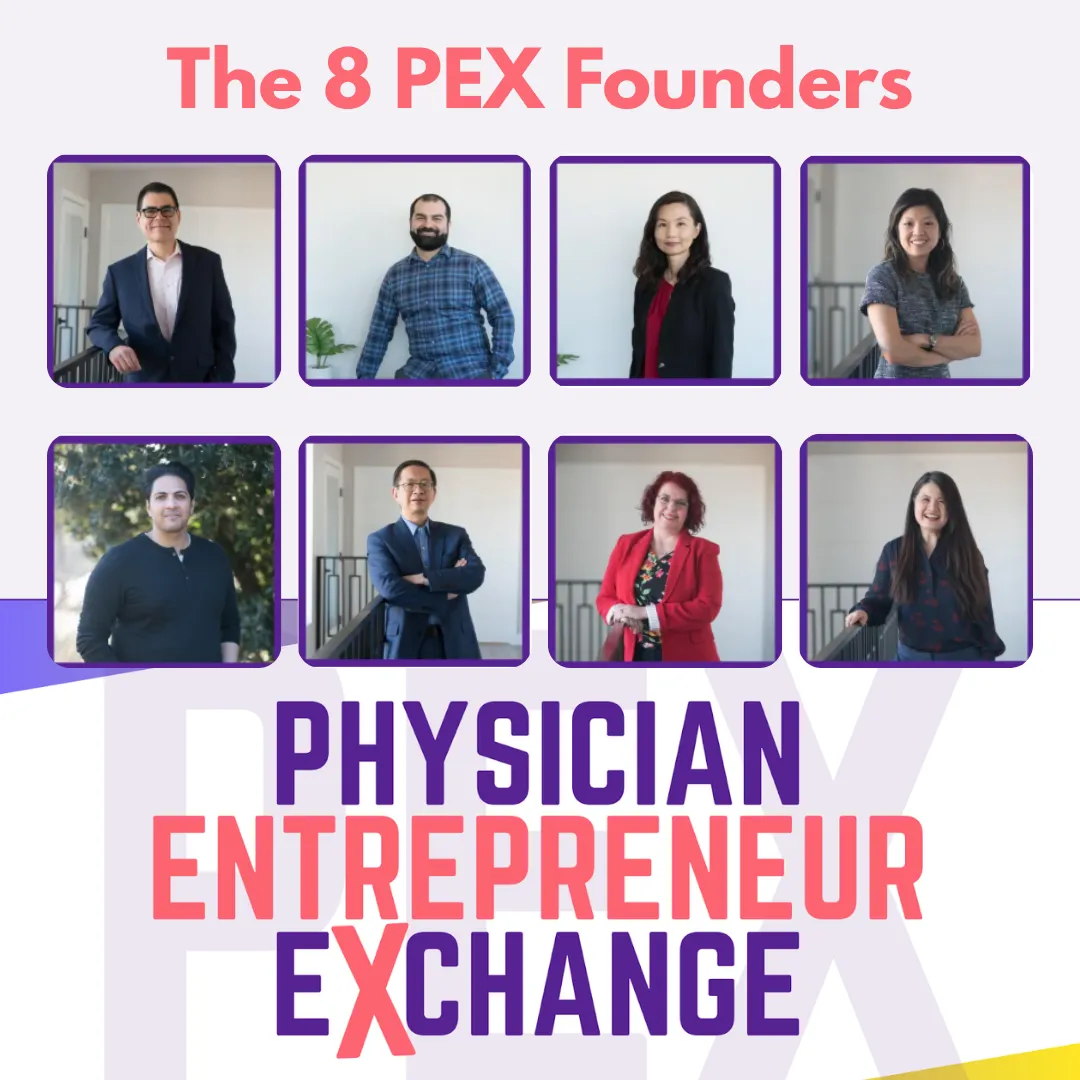BLOG POST

A New Era of Intelligent Healthcare
Imagine walking into a clinic where every patient interaction is supported by AI systems that help doctors diagnose conditions faster and with unprecedented accuracy. In just a few years, AI will evolve from a promising tool to an indispensable partner in healthcare. Already, early adopters are integrating AI-powered ambient listening and advanced imaging analytics into clinical workflows, easing the administrative burden on physicians and allowing them to focus on what truly matters—the patient. This is not a distant dream but a rapidly approaching reality, with trends for 2025 already taking shape.

In the next five years, the future of healthcare will be reshaped by the steady, transformative power of artificial intelligence. Today, we’re already seeing the first waves of innovation that promise to redefine diagnostics, treatment, patient engagement, and administrative efficiency—all while putting a renewed focus on human connection and empathy in care. Let’s explore how AI is set to change healthcare and why you should be excited about the journey ahead.
Revolutionizing Diagnostics and Personalized Medicine

Smart Diagnostics for Better Outcomes
One of the most exciting applications of AI is its ability to analyze complex data—from radiology images and electronic health records to genomic sequences—and deliver rapid, highly accurate diagnoses. In the next five years, we will see AI systems that not only flag early signs of diseases like cancer and heart conditions but also guide clinicians toward personalized treatment plans. Imagine an AI that synthesizes patient history, imaging, and lab results in real time, providing diagnostic insights that can lead to early intervention and improved outcomes. This will empower healthcare professionals with tools that enhance their expertise rather than replace it.
Precision Medicine: Tailored Treatments for Every Patient
Personalized medicine is set to take center stage as AI algorithms analyze genetic data to craft treatment plans that are as unique as each patient’s DNA. Over the next five years, AI will help transition medicine from a one-size-fits-all approach to truly individualized care. Picture a world where medications are not “discovered” but designed—tailored specifically to counteract the mutations in a patient’s genome, resulting in fewer side effects and higher efficacy. This kind of precision care is already in the pilot phase and is poised to scale up quickly.
Streamlining Operations and Enhancing Patient Experience

AI for Administrative Excellence
Behind every great healthcare outcome is a well-oiled operational machine. AI is set to revolutionize the administrative side of healthcare by automating repetitive tasks such as appointment scheduling, billing, and data entry. This not only slashes costs but also reduces the cognitive load on staff, allowing more time for patient care. When AI handles the paperwork, doctors and nurses can devote their full attention to patient interactions—a win-win for efficiency and empathy.
Telehealth and Remote Monitoring: Care Beyond Hospital Walls
The COVID-19 pandemic accelerated the adoption of telehealth, and AI is now pushing this transformation even further. In the coming years, remote patient monitoring systems powered by AI will enable real-time tracking of vital signs, offering early warnings of potential health issues before they become critical. With advanced predictive analytics, healthcare providers will not only respond to emergencies faster but also deliver proactive, personalized care to patients at home. This trend promises to expand access, particularly for rural and underserved populations, making quality care available to everyone, everywhere.
Embracing Robotics and Virtual Care

Robotic Assistance in Surgery and Rehabilitation
Surgical robots enhanced with AI are already making waves, assisting surgeons in performing minimally invasive procedures with extraordinary precision. Over the next five years, we can expect further integration of AI into robotics, enabling more complex operations and reducing recovery times significantly. Beyond surgery, robotic systems will also play a crucial role in rehabilitation and elder care—acting as smart assistants that help patients regain mobility and independence while providing comfort and companionship.
Virtual Care: Merging Technology with the Human Touch
Even as technology advances, the essence of healthcare remains human. AI-driven virtual assistants and chatbots will support patients around the clock, offering not just medical information but also empathy and reassurance. These tools will serve as the first line of support, triaging patient needs and connecting them with human providers when necessary. The goal is simple: use AI to amplify the quality of human care, not replace it.
Overcoming Challenges with a Collaborative Spirit

While the potential is enormous, the road ahead is not without hurdles. Key challenges such as data interoperability, ethical concerns, and regulatory uncertainties must be addressed to ensure that AI in healthcare is safe, secure, and equitable. Collaboration among technologists, healthcare professionals, regulators, and patients will be vital. The promise of AI lies in its ability to work alongside humans, augmenting their capabilities and reinforcing the core values of compassion, trust, and respect in healthcare. With thoughtful leadership and innovative solutions, these challenges will become stepping stones rather than stumbling blocks.
Looking Ahead: The AI-Enhanced Future of Healthcare

In the next five years, AI will move from being a supportive tool to a transformative force in healthcare. From cutting-edge diagnostics and personalized treatment plans to streamlined operations and enhanced patient engagement, AI is set to improve outcomes, reduce costs, and democratize access to quality care. For healthcare providers, this means the opportunity to deliver care that is not only more efficient but also more humane and connected.
Now is the time to embrace this evolution. Whether you’re a healthcare professional looking to enhance your practice or a patient eager for more personalized care, the future of AI in healthcare is bright, bold, and brimming with potential. Stay informed, get involved, and be part of the revolution that is set to redefine the very fabric of modern medicine.

Empower your healthcare journey with AI—where technology meets compassion, and innovation brings healing closer to home.
SUBSCRIBE TO NEWSLETTERS 👇
TAKE PART IN OUR SURVEYS

Gain insights into your current MENTAL and EMOTIONAL STATE.

This survey aims to understand the current state of HAPPINESS and WELL-BEING among physicians and to gather INSIGHTS on effective strategies for fostering JOY in the medical profession.
TAKE PART IN OUR SURVEYS

Gain insights into your current MENTAL and EMOTIONAL STATE.

This survey aims to understand the current state of HAPPINESS and WELL-BEING among physicians and to gather INSIGHTS on effective strategies for fostering JOY in the medical profession.
Unlock Your Full Potential with Our Transformative Programs!
Join the Movement: Subscribe for Healthcare Innovation & Career Tips!
Physician Well-being & Resilience: Strategies for managing stress and burnout. Building emotional intelligence and mental fitness.
Positive Leadership for Physicians: Developing positive communication and conflict resolution skills. Leading with empathy and emotional intelligence.
Physician Career Transition or Pivot: Setting meaningful goals and achieving work-life integration. Navigating career challenges and transitions.
CLICK TO WATCH THE VIDEO...
Join the Movement: Subscribe for Healthcare Innovation & Career Tips!
Physician Well-being & Resilience: Strategies for managing stress and burnout. Building emotional intelligence and mental fitness.
Positive Leadership for Physicians: Developing positive communication and conflict resolution skills. Leading with empathy and emotional intelligence.
Physician Career Transition or Pivot: Setting meaningful goals and achieving work-life integration. Navigating career challenges and transitions.
CLICK TO WATCH THE VIDEO...
355 E Plumb Lane #1098, Reno, NV, 89502, USA
915-800-0690
Elevate Your Leadership and Career
Gain the tools and strategies needed to become a more effective and inspiring to our fellow physicians, entrepreneurs and other sectors. Follow us on social media, sign up for our newsletter and engage with our community to stay inspired, informed, and connected on your journey of transformation.
SUBSCRIBE TO OUR NEWSLETTER
Elevate Your
Leadership and
Gain the tools and strategies needed to become a more effective and inspiring to our fellow physicians, entrepreneurs and other sectors. Follow us on social media, sign up for our newsletter and engage with our community to stay inspired, informed, and connected on your journey of transformation.
SUBSCRIBE TO OUR NEWSLETTER
Copyright @ 2024 Adoctorsjourney, LLC
All Right Reserved.







